From the fields of the Central Valley to the hallways of BART, our new Director of the Office of Civil Rights fights for the public good
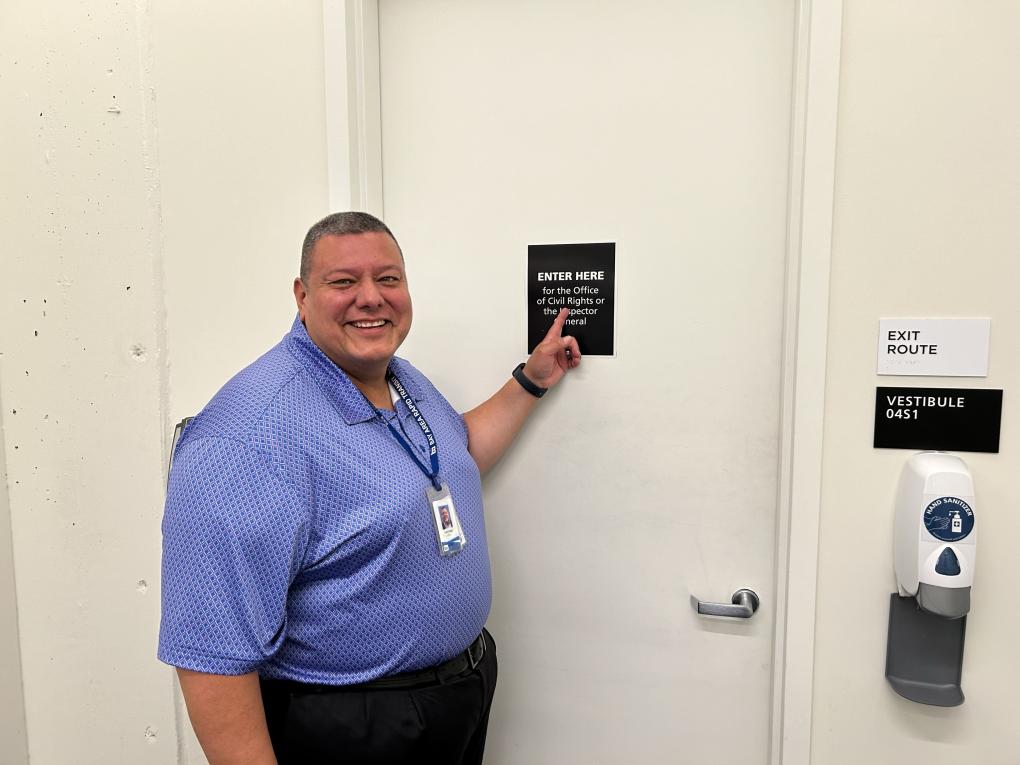
Rudy Garza, BART’s new Director of the Office of Civil Rights.
This Hispanic Heritage Month, BART is proud to celebrate employees with Hispanic and Latino heritage, who enrich our organization and the community at large. Over 15% of BART's workforce identifies as Hispanic and Latino, and we will be celebrating them throughout the month with additional stories and internal gatherings.
Hispanic Heritage Month runs from Sept. 15 to Oct. 15.
Rudy Garza and his fellow investigators from the U.S. Department of Labor were up at dawn one morning in the late 90s for a surprise inspection of crops in California’s Central Valley when they made a disturbing discovery.
“We saw kids working the fields,” said Garza, BART’s new Director of the Office of Civil Rights. “There were even infants out there.”
Garza’s team referred the children to social workers, seized the entire crop, and started an investigation that ended with significant civil penalties for the farmers, including back wages paid.
His time patrolling the fields in the 1990s was a turning point for Garza, the grandchild of Central Valley farm workers himself.
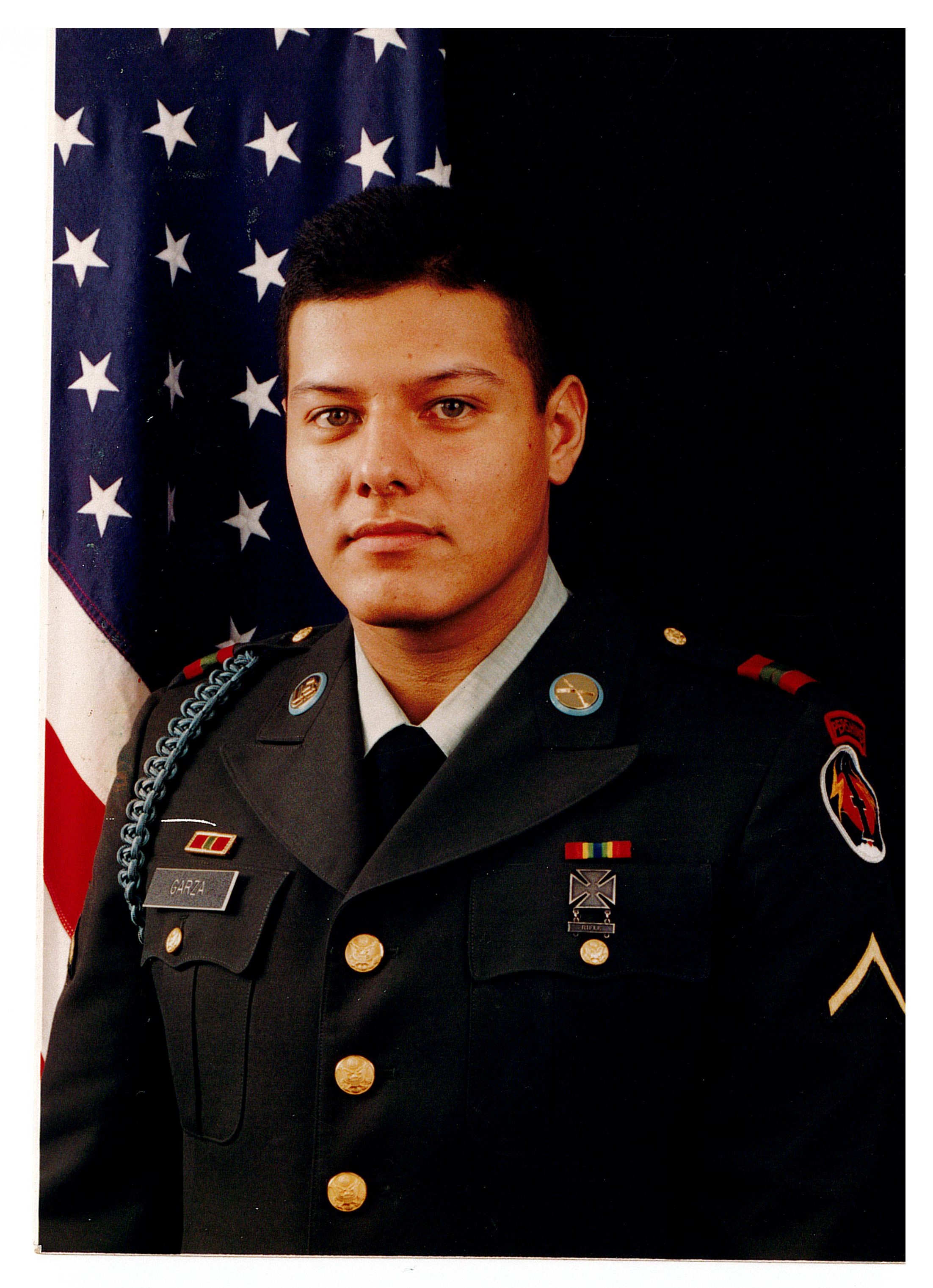
Garza is deeply influenced by his family’s journey to California. His grandmother immigrated from Mexico and met his grandfather, a veteran of World War II, in the southwest. They eventually made their way to Fresno, living in tents while working the fields. At the end of each work day, Garza’s grandfather would come home to construct the family’s future two-bedroom house with his own two hands.
“I am proud to come from an immigrant background and demonstrate that immigrants -- all immigrants, not just Hispanic immigrants -- are the backbone of this country,” he said, “where hard work and never giving up is the foundation of who you are.”
Garza entered the military at 17. While serving, he saw the Berlin Wall fall; Germany win the World Cup; and the decommissioning of the Pershing nuclear missile arsenal as the Cold War came to a close.
When Garza came back home, he had stints in law enforcement and even worked as a part-time high school football coach back in Fresno. But his work at the Department of Labor gave him a new sense of purpose.
“That was really my first taste of civil rights,” he said. “I really enjoyed that, protecting the public good.”
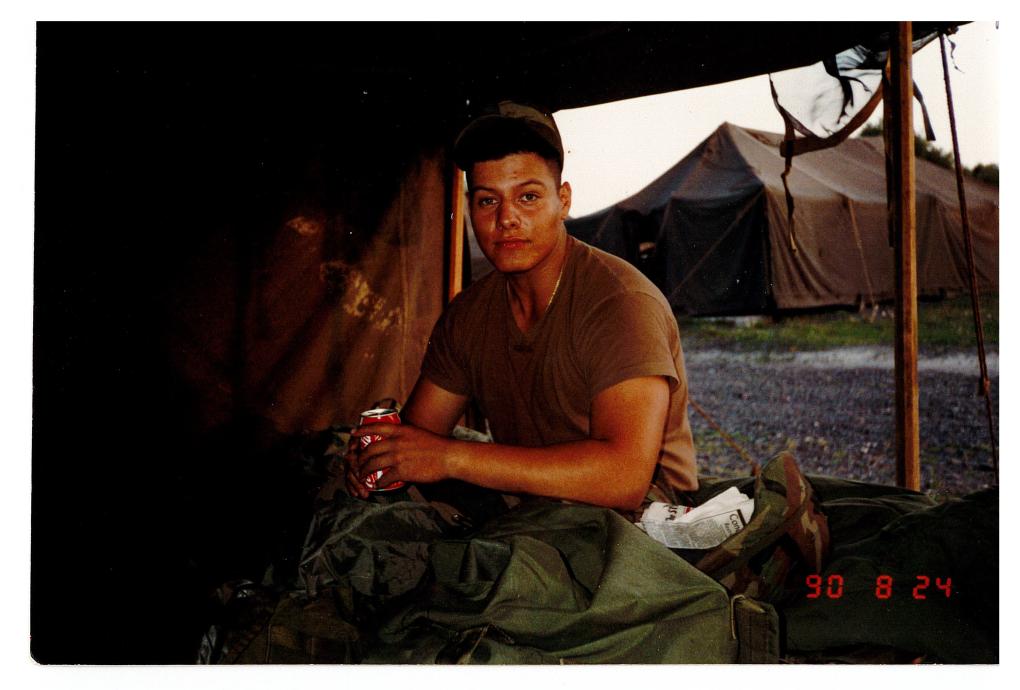
Rudy Garza during his time in the Army.
Garza’s career would take him on a tour across California government, always in roles ensuring complex laws were carried out to ensure the public’s rights were being upheld.
There was his time at the Fair Political Practices Commission, investigating campaign finance violations. Then he worked to ensure incarcerated people received proper care at the California Correctional Health Care Services. That was followed by a job as a manager at the State Department of Public Health, where he made sure patients were receiving proper nursing care. Just before arriving at BART, he worked as the California Highway Patrol’s Civil Rights Officer.
Garza is thrilled to join BART, a large, complex organization with a strong public mission.
“We ensure that everyone has equal access to BART’s programs, our trains, the ability to contract with us,” he said of the Office of Civil Rights.
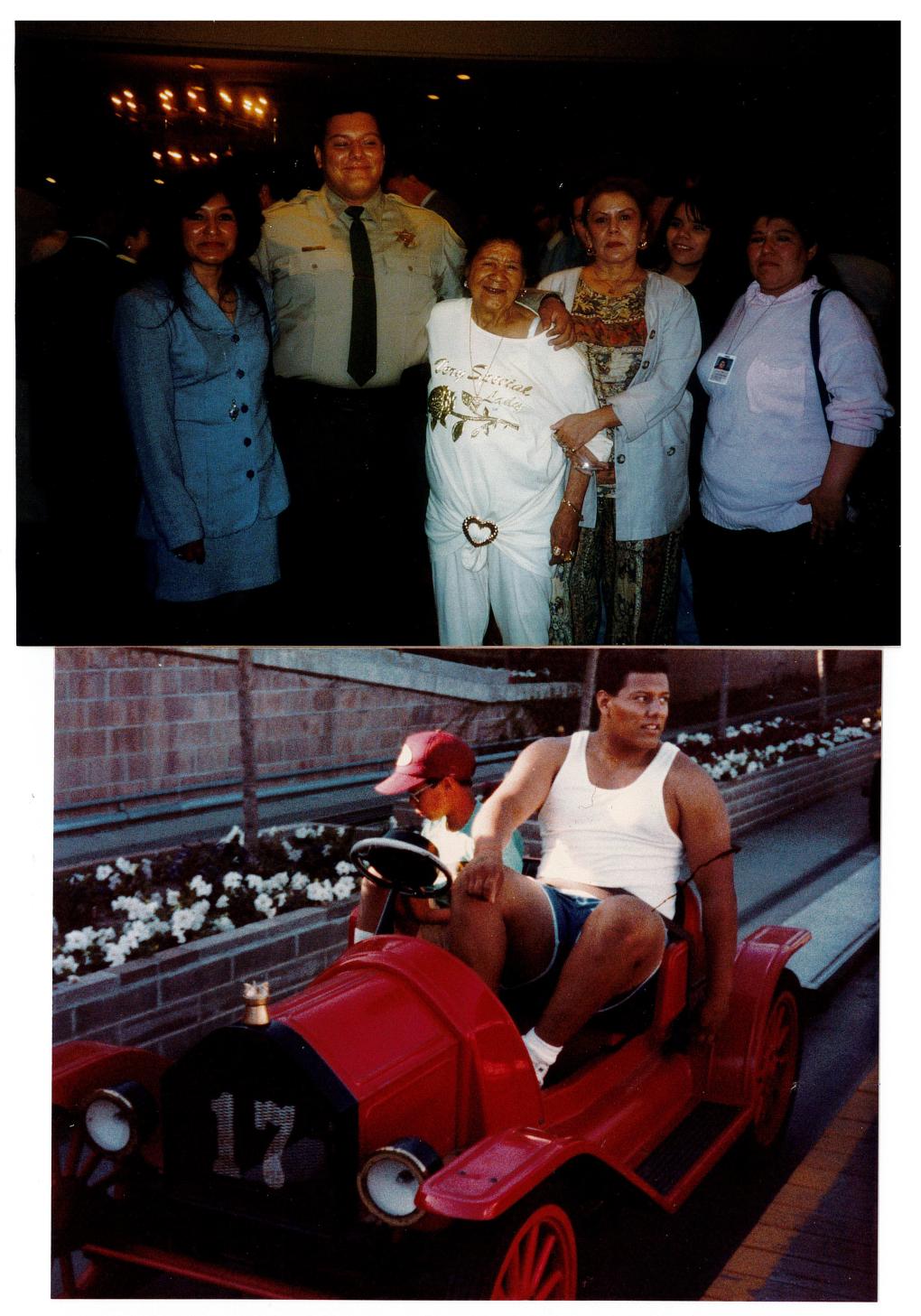
Top: Rudy Garza with this family during his swearing in ceremony as a Fresno County Sheriff's deputy. Bottom: Rudy with his younger brother.
Garza has been impressed with the level of expertise and depth of talent at BART, not just among the Office of Civil Rights staff but across the District.
“They're all very highly intelligent people. They see beyond the bend in the curve,” he said of his colleagues.
Garza sees the Office of Civil Rights playing a big role in BART’s continued success and sustainability in the Bay Area.
“I am committed to ensuring we provide contracting opportunities for small and disadvantaged business enterprises, along with women- and minority-owned business enterprises to help BART continue to provide safe, reliable, and clean transit service to the residents of the communities we serve.”
During Hispanic Heritage Month, Garza likes to return to Victor Villaseñor's epic novel Rain of Gold. It’s a tale of magical realism and a family’s saga of struggle crossing the border and making a life in the U.S. It also serves as a reminder that the Hispanic community is not a monolith. Whether you are Cuban American, Puerto Rican, Latino, Latinx, Chicano -- there is a rich mix of heritages and backgrounds that make up this diverse community and are celebrated during Hispanic Heritage Month.
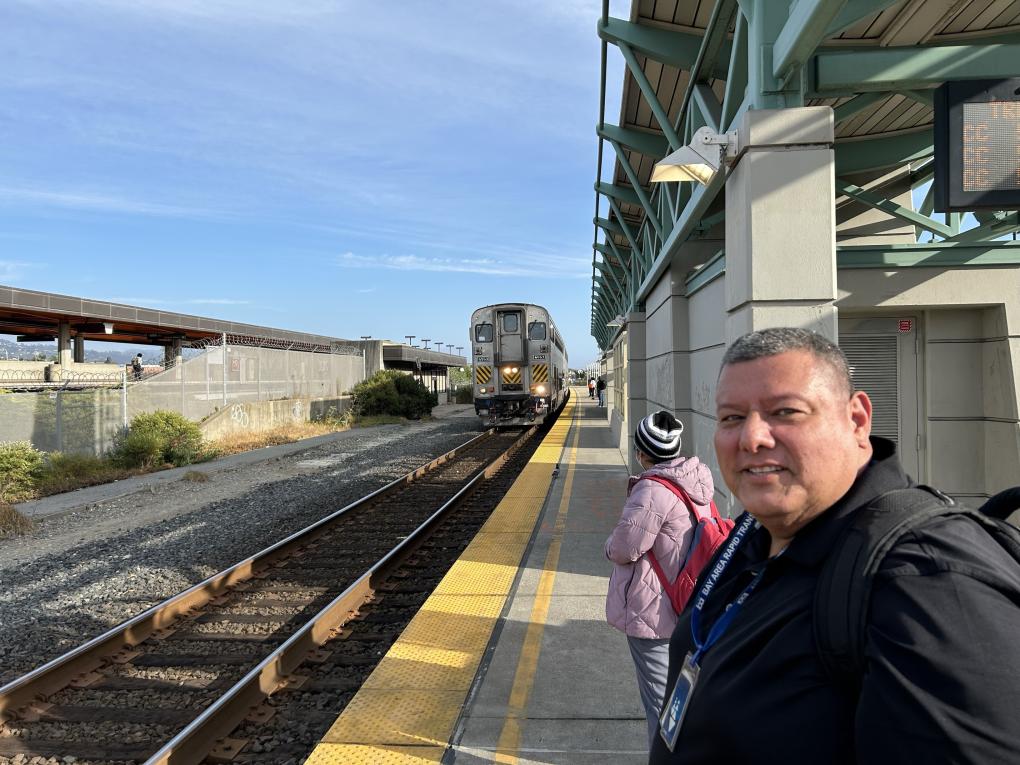
Rudy commutes by BART and Capitol Corridor from Sacramento.